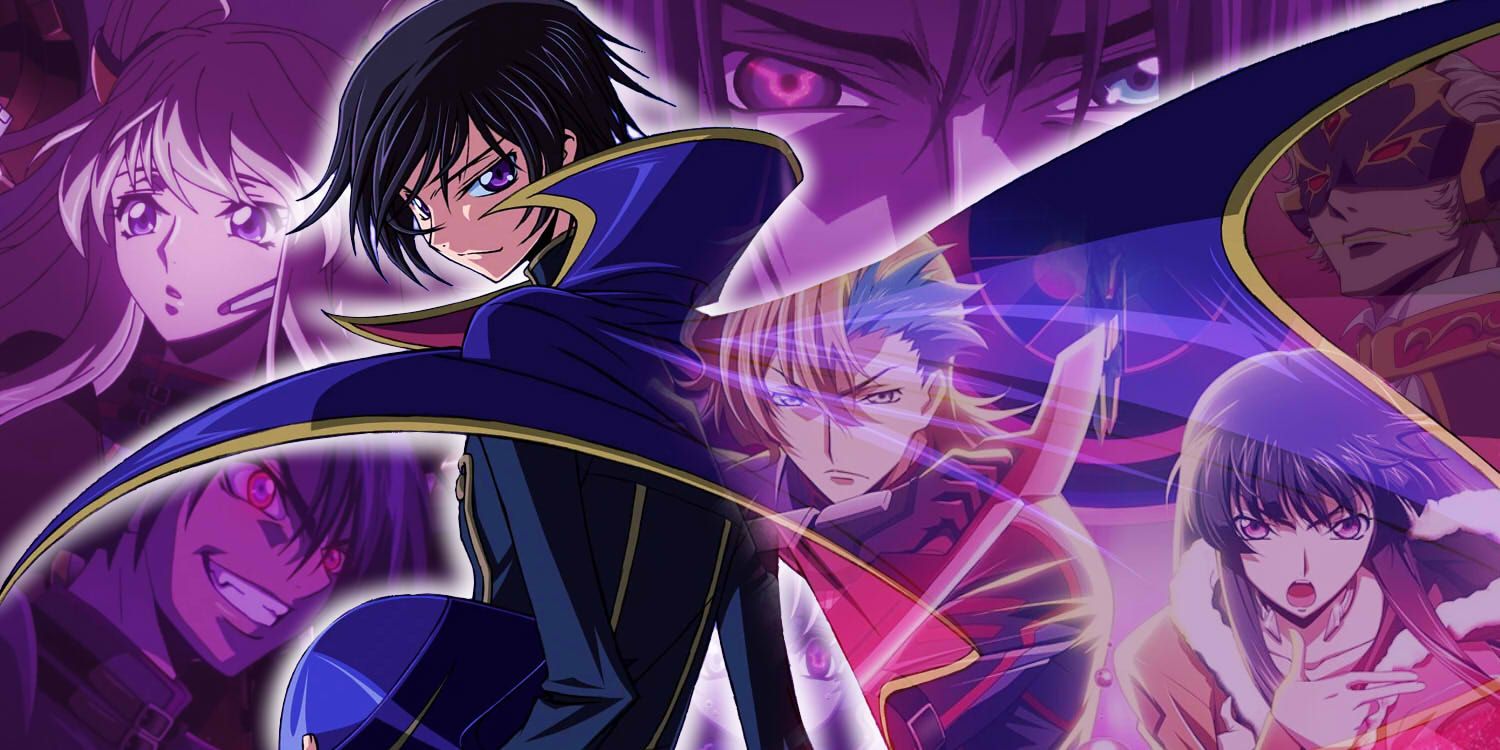
Many viewers initially considered Code Geass R2 a strong contender for anime of the year. However, with time, it became clear that this season didn’t quite live up to the hype. After the initial excitement faded, viewers realized the series wasn’t as groundbreaking as they first thought. What once seemed clever and bold now feels empty. While Code Geass remains a popular series, it’s not flawless, and the drop in quality from the first season to the second is noticeable.
The first season of the show was skillfully paced, building tension through political maneuvering and unexpected betrayals, and Lelouch’s plans were clearly developed. However, the second season, R2, feels very different. It rushes through storylines, almost as if the creators feared losing viewers if the action slowed down. This results in a feeling of being hurried rather than suspenseful. The characters also suffer, losing the depth and believability they had before. Their actions often feel forced, dictated by the plot rather than genuine motivations, which makes the story less engaging. While the choices initially felt exciting, looking back, they seem careless and poorly executed.
R2 Relies Too Heavily On Shock Value
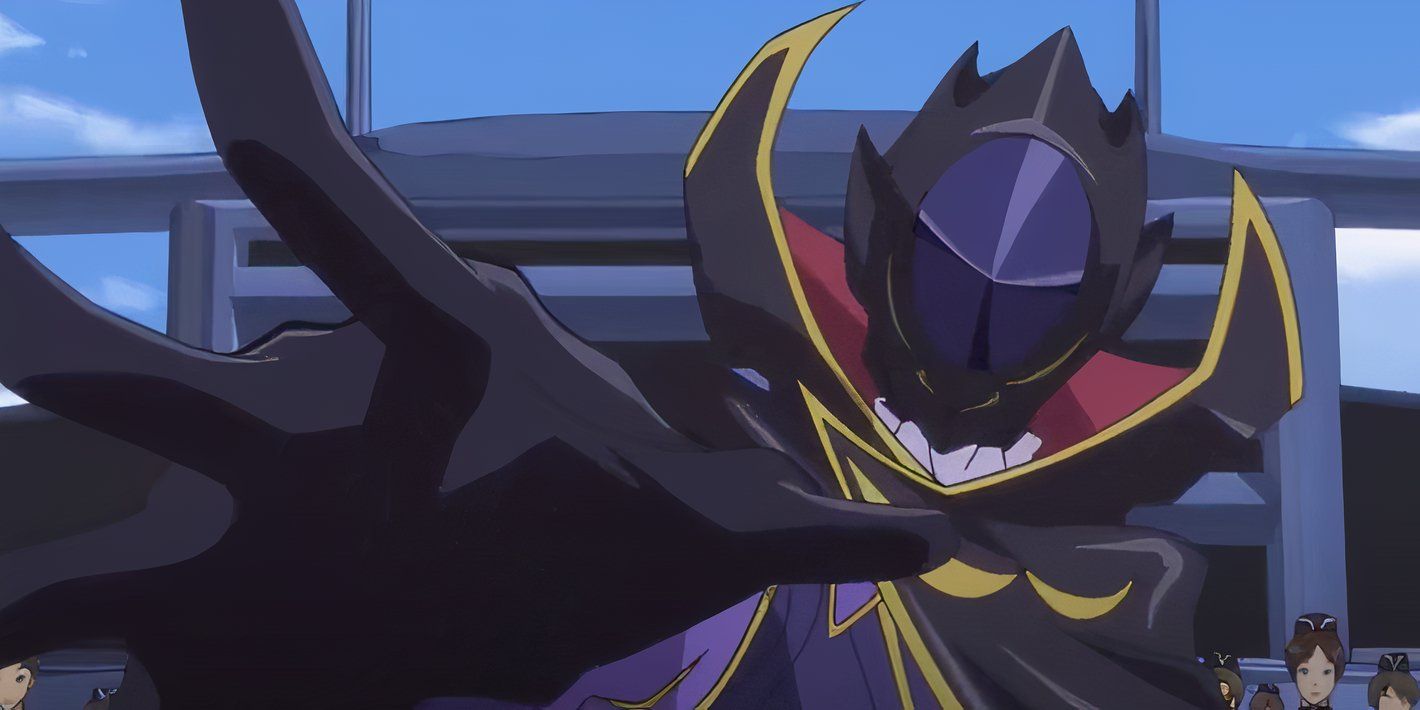
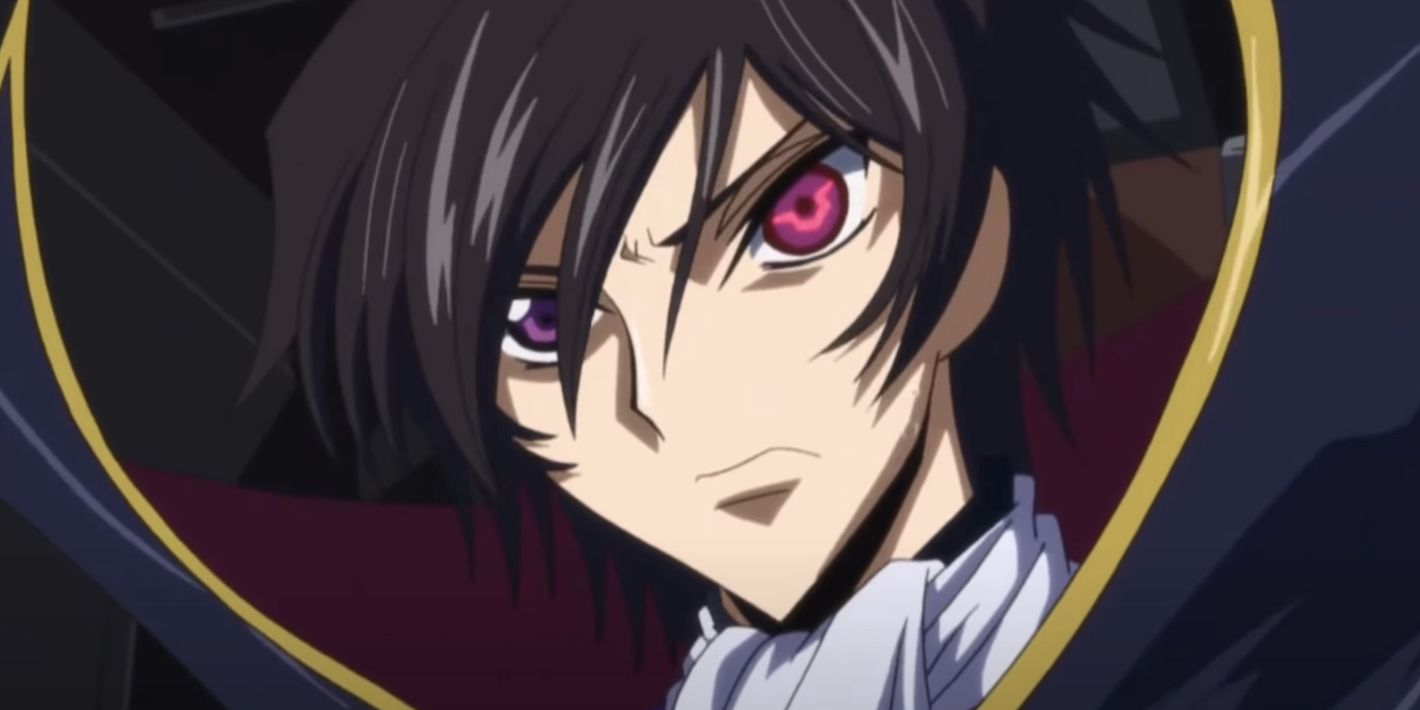
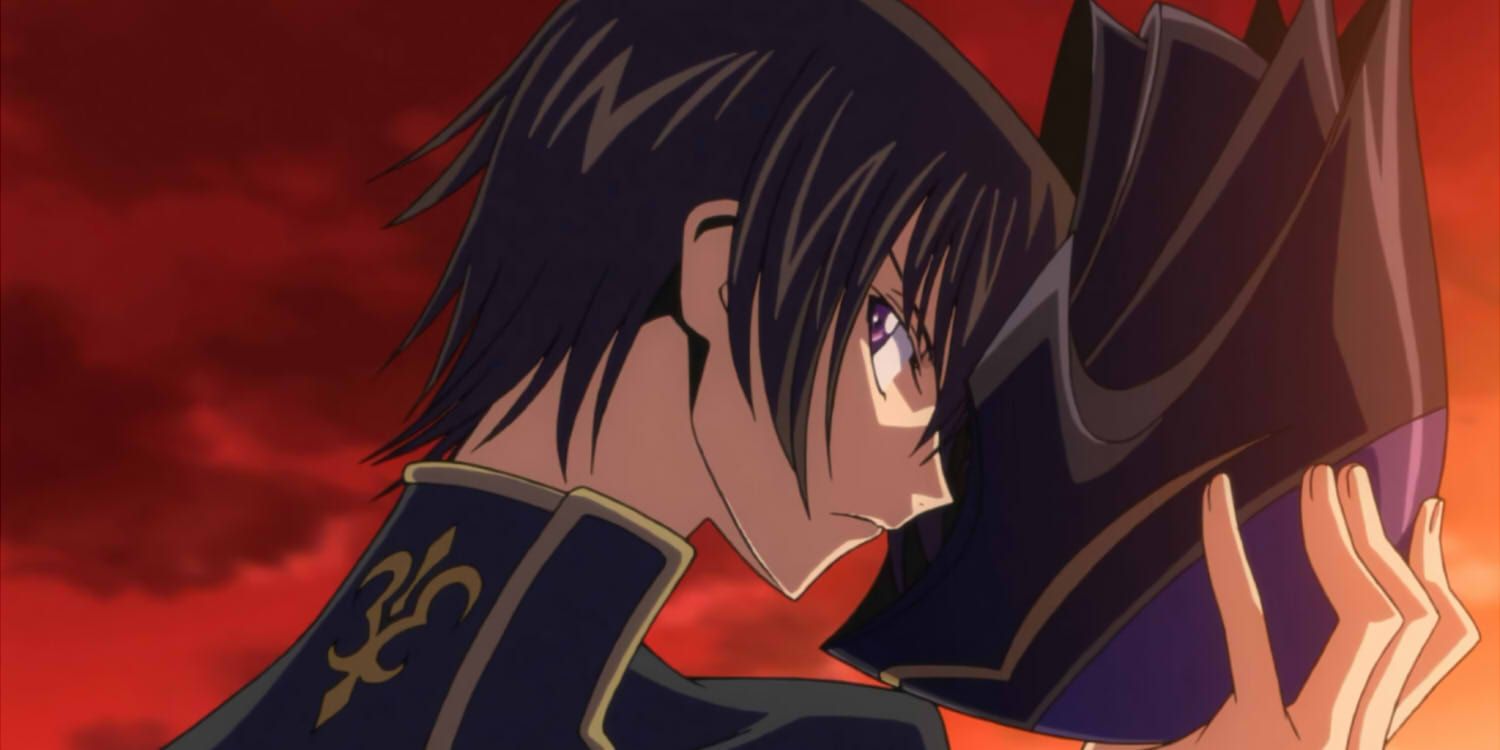
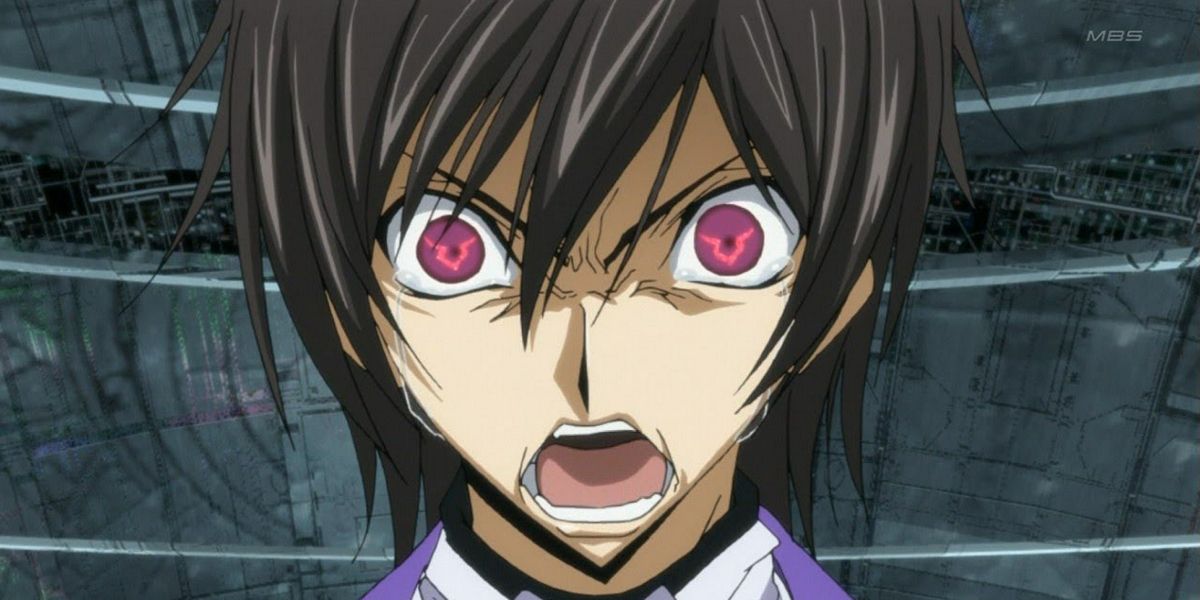
While Code Geass R2 initially seems daring, its impact lessens upon rewatching, once the overall story is known. The season remains enjoyable, but it doesn’t live up to the intelligence and complexity many fans expected. It relies heavily on surprising twists, often presented as clever, but these twists overshadow a weaker narrative. The first season excelled with logical plotting and meaningful ideological clashes, where Lelouch’s plans felt well-considered. In contrast, R2 throws twists at the audience so rapidly that they don’t have time to fully register or make sense.
The second season of Code Geass doesn’t unfold smoothly; it feels like a collection of disconnected events rather than a continuous story. This is particularly noticeable in how storylines are quickly introduced and then dropped. The narrative jumps between Lelouch returning to school, a conflict with the Chinese Federation, and full-scale war. None of these sections are given enough time to fully develop and feel impactful. Instead, the story relies on surprising twists and memorable moments to keep viewers engaged as it moves from one plot point to the next.
Honestly, one of the biggest disappointments with R2 was how it seemed to trade solid storytelling for cheap thrills. The first season took its time establishing things, but R2 just… told us things when the plot needed them, instead of earning those reveals. It felt like the subplots lost all purpose, just existing to move the story along quickly. It was clearly made to be watched week-to-week, to give that immediate rush with each new twist. But when you actually step back and think about it, all those surprises feel hollow and don’t really add up to much.
Code Geass’ Character Logic Is Sacrificed for Weekly Cliffhangers
One of the biggest weaknesses of R2 becomes clear when you notice how quickly characters abandon their beliefs. In the first season, even surprising changes in behavior felt earned, because they grew out of previously established and consistently defended principles – like Suzaku joining Britannia or Lelouch becoming more ruthless. But in R2, characters seem to change direction simply to create a dramatic cliffhanger, rather than because their core beliefs have actually evolved.
Suzaku is a prime example of this issue. His actions in season two don’t feel like genuine growth or a struggle with his conscience; he simply appears whenever the plot needs more tension. Lelouch suffers from the same problem. Whenever the writers put him in a difficult situation, they find a way to reset things, like erasing his memory or revealing a hidden plan. These convenient escapes don’t make his character more interesting – they just keep him from being written out. Even characters like Kallen and C.C., who used to balance Lelouch’s behavior, are sidelined and used only to heighten the drama.
Conflicts in the show aren’t driven by differing beliefs, but by the needs of the plot. When characters change sides, it feels forced and unearned, clearly done just to move the story forward. This is why emotional moments in R2 don’t resonate as well on a second viewing – viewers remember the dramatic events, but not the logical reasons behind them. The exciting parts are memorable because they’re flashy, not because they feel genuine. A show can get away with unbelievable things as long as its characters act in believable ways. R2 does the opposite; it throws random events at the characters and bends them to fit the most dramatic outcome, regardless of whether it makes sense for their personalities.
The Political Stakes Are Not Treated Seriously Enough
The characters’ weakening personalities and unclear goals ultimately undermine the political importance of the entire anime. The first season of Code Geass was successful in part because its political strategies felt significant and built up naturally, with alliances forming gradually and betrayals carefully planned. However, R2 throws away this careful approach, resulting in a flimsy political foundation. Instead of developing organically, the political elements in this season feel as unstable as the characters themselves, simply shifting to serve the needs of the plot.
One of the most noticeable issues is how quickly institutions react to the demands of the story. The Chinese Federation storyline feels rushed, unfolding like an action film rather than a realistic international crisis. Similarly, the Black Knights go from being a dangerous rebel group to a major world power incredibly quickly, making their rise feel unbelievable.
The internal politics of Britannia feel underdeveloped, quickly glossed over to move the plot forward. What initially made the political conflicts compelling was the feeling that Lelouch was battling for fundamental ideologies and structures. However, R2 simplifies these systems, making them feel flimsy and easily overcome whenever the story needs them to be.
I’ve always felt that the strength of the story hinged on Lelouch being a master strategist facing real opposition. But as the second season progressed, it seemed like things started falling into place too easily for him. When obstacles vanished simply to serve the plot, his victories didn’t feel earned anymore. A perfect plan isn’t impressive if the world around him bends to his will. Looking back, the writing actually caused the complex political world built throughout the anime to crumble. The sheer scale of the second season, R2, initially masked this, but on a rewatch, you realize those important political conflicts that once drove the drama just become background details.
The Zero Requiem Is a Brilliant Ending, but It Cannot Hide the Mess Before It
The Zero Requiem is the main reason R2 is still so well-regarded. The concept of breaking a cycle of power and hatred is truly memorable – it’s a simple, powerful ending that sticks with audiences. On its own, the idea is brilliant. It’s dramatic and complex enough to generate discussion without being confusing. However, this only works if people overlook the events that actually led to the Zero Requiem.
The ending feels like an attempt to justify all the turmoil of the season. While it initially makes Lelouch’s harsh actions seem understandable and the chaotic final episodes forgivable, a second viewing reveals its flaws. The story often changes things to make Lelouch’s plan appear possible, and it doesn’t really build a solid foundation for the ‘Zero Requiem’ to feel like a well-thought-out, long-term strategy.
The ending of Code Geass R2 was initially captivating, but knowing how the story concludes reveals its flaws upon rewatching. What once felt like clever twists now appear as forced attempts to reach the finale, which is a major reason why the series hasn’t aged well. While Code Geass R2 was certainly enjoyable, and the final episode remains decent, the overall story doesn’t hold up as strongly as people remember.
The real issue isn’t the ending itself, but the path the story took to get there. While a strong conclusion can enhance a good story, it can’t fix a poorly constructed one. Even though the Zero Requiem remains a memorable idea, once the audience knows the outcome, it doesn’t excuse the season’s earlier problems.
Read More
- How to Get the Bloodfeather Set in Enshrouded
- Gold Rate Forecast
- 4 TV Shows To Watch While You Wait for Wednesday Season 3
- Goat 2 Release Date Estimate, News & Updates
- Best Werewolf Movies (October 2025)
- 10 Movies That Were Secretly Sequels
- 32 Kids Movies From The ’90s I Still Like Despite Being Kind Of Terrible
- These Are the 10 Best Stephen King Movies of All Time
- Auto 9 Upgrade Guide RoboCop Unfinished Business Chips & Boards Guide
- One of the Best EA Games Ever Is Now Less Than $2 for a Limited Time
2025-10-23 16:42